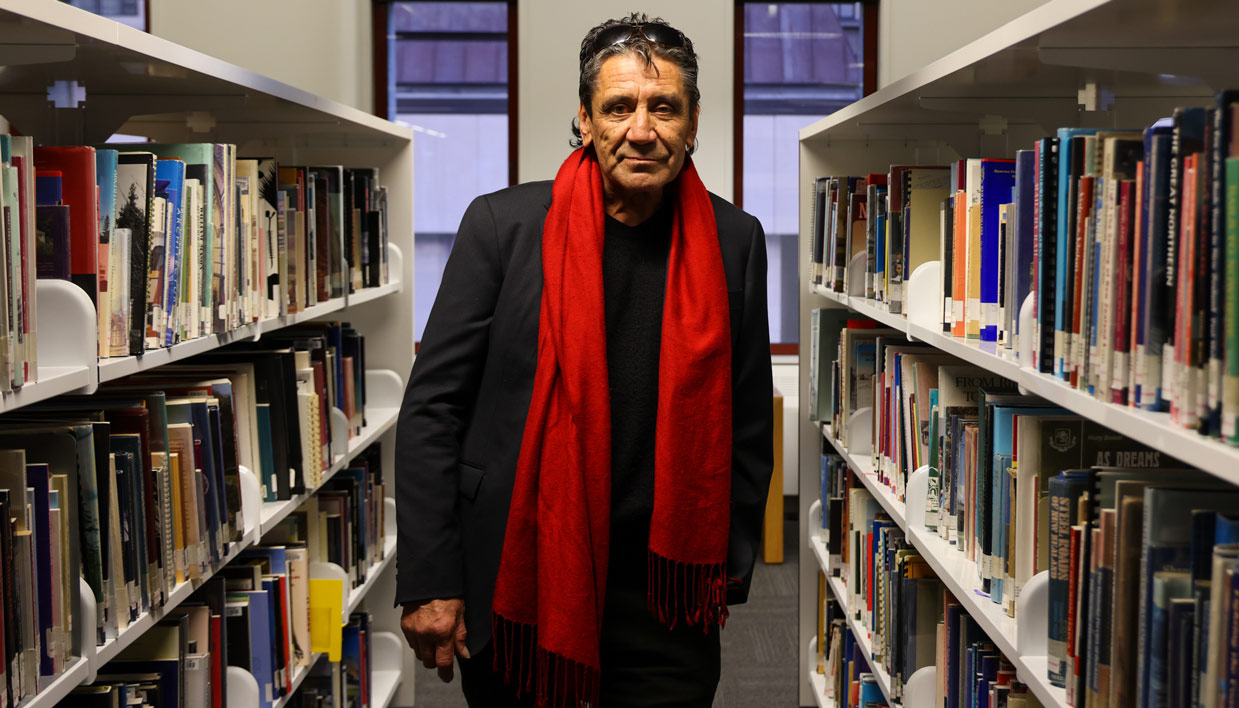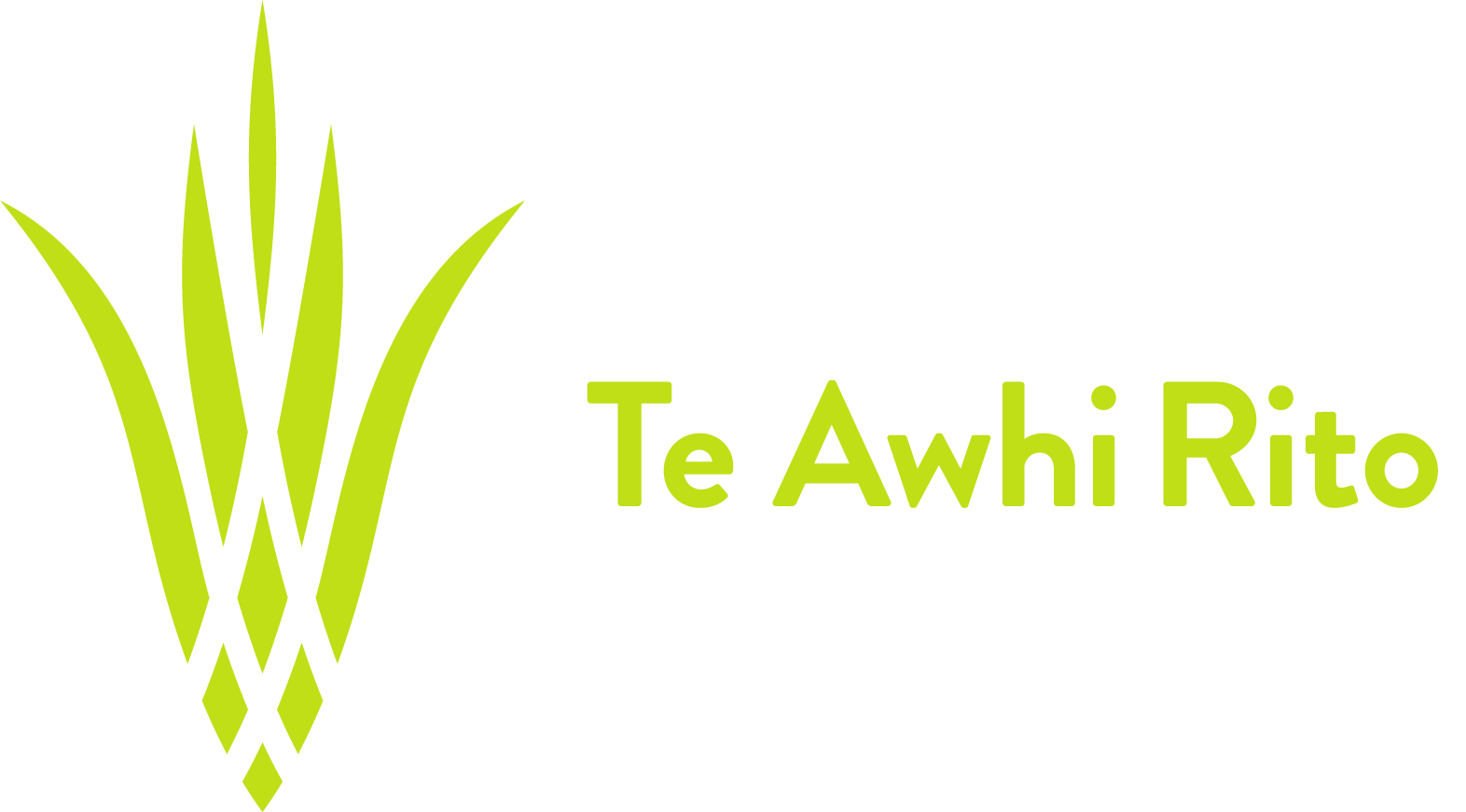Reading for life
What an extraordinary two years as Te Awhi Rito New Zealand Reading Ambassador. It has been a real privilege.

Inaugural Te Awhi Rito Ben Brown says making reading a pleasurable experience is vital. Image credit: Te Tari Taiwhenua Internal Affairs.
Opening the door to a word-powered world
It has been a real privilege to have had the opportunity to be part of this kaupapa, led by Te Puna Mātauranga National Library, to support and champion the importance of reading in the lives of young New Zealanders, their whānau and communities.
Alongside that feeling though, there is a sense of uncertainty about what the future reading landscape might look like. Travelling around the country, visiting schools and libraries, it’s not easy to get a gauge on where reading for pleasure generally sits in regard to our children and young people.
The school experience with reading has always faced the dilemma of potentially turning a pleasurable experience into a chore when the demands of a curriculum conflict with the preferences of our younger readers, particularly those who find reading a bit of a struggle to begin with. The reading experience has changed dramatically in the last 20 to 25 years with the arrival of the digital space, the world wide web and one ubiquitous ‘device’ in particular, the smartphone.
But home is where the heart of the matter begins. Children who come from reading homes rich with stories are more likely to pursue reading ‘for life’. It is ‘reading for life’ too, in every sense. Reading and literacy open the door to a word-powered world. Building young minds on a rich anthology of stories, giving them a sense and awareness of self and place and worth and belonging, opens the door to reading and literacy.
Recently, I was at the Opōtiki Public Library as part of a Storylines tour through the Bay of Plenty. It’s a fantastic example of what libraries have become. They are arguably doing the most important job, which is providing free, open and informed access to all the information, imagination and creativity available to it. Of the two groups of children from schools in and around Opōtiki that I presented to, around two-thirds of the rangatahi were Māori. From one of the schools, I noted every child (all boys) had at least two books borrowed from the library that morning. Some had three. Their schools have libraries as well. Why wouldn’t they? Why wouldn’t every school have a proper library as a matter of course? If reading levels at school are a concern, surely a school library properly staffed and resourced must be a consideration.
Another recent highlight was an invitation to visit a primary school in Nelson. I first visited this school in the mid-1990s. It was a school in a part of town ravaged by reforms and deregulations. In response, a well-equipped community centre was built as an annex to the school. The facility was properly staffed and focused on community health and wellbeing.
Then the world intervened and, over time, the school and its environs began to repopulate with refugee families from around the world. The demographic shift for Nelson was dramatic. Māori incorporations established and began operating. A whare was built and the local hapū became kaitiaki to the kura. A roll of over 300 New Entrants to Y6 that had been mostly Pākehā in the 1990s today sits at over 300 with 23% Pākehā, 26% Māori and 51% from 55 different ethnicities. That school has a rich vein of stories to draw from and they do as a natural extension of their kaupapa. It’s a great place to go and listen. Just sit in the whare, or under the tree outside and listen to kids from Myanmar, Mexico, Colombia, Bhutan and just down the road and 50 other places tell their stories.
As Ben's term ends, Alan's begins
Ben Brown’s (Ngāti Mahuta, Ngāti Koroki, Ngāti Paoa) two-year term as inaugural Te Awhi Rito ended in May. He is succeeded by Alan Dingley.
